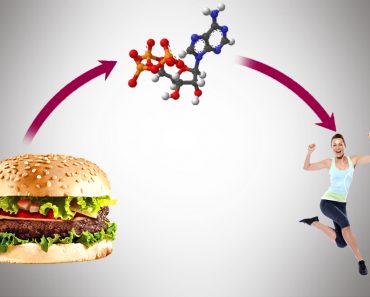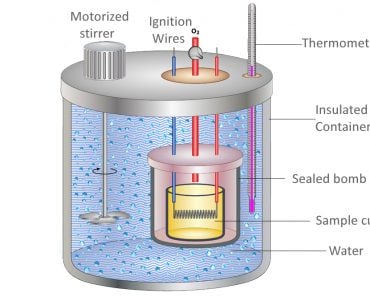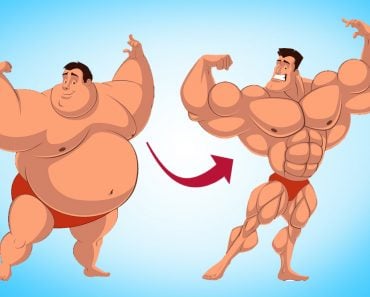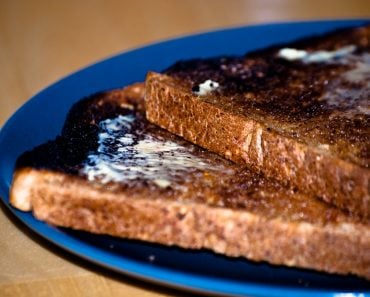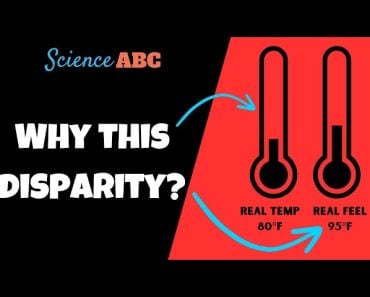Table of Contents (click to expand)
Many assume that a calorie is the measure of weight, but it is actually a unit of energy. 1 calorie is equal to the energy required to raise the temperature of 1 kilogram of water by 1 degree Celsius. Calories come in two different types: small calories and large calories.
“Hey man! You need to cut down on your calories!“
“My calorie count doesn’t allow me to have those chips.”
“Mr. Mathers, you’re going overboard with your calories.”
If you’re the kind of person who cares about his/her body, then there is a good chance that you’ve heard the word ‘calorie’ plenty of times in your life, particularly from nutritionists, dietitians, and other medical professionals.
Recommended Video for you:
‘Calorie’ For Beginners
If you happen to be one of those people who’ve heard the word ‘calorie’ innumerable times, but still have no idea what it actually means, then this article is for you.
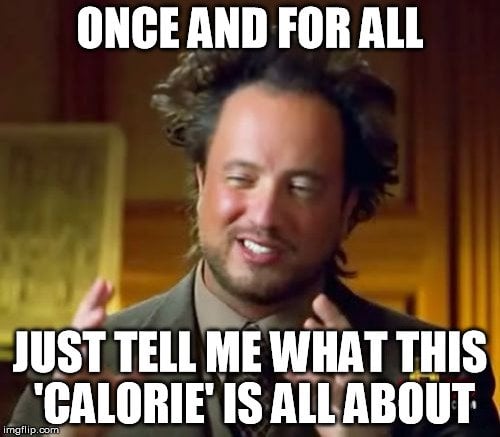
A calorie is a basic unit of measurement. For example, when we need to express distance, we use meters; ‘Usain Bolt ran 100 meters in just 9.5 seconds‘. This sentence contains two units. One is meter (a unit of distance) and the other is ‘second’ (a unit of time). Similarly, calories are also units of measurement of a certain physical quantity.
Many assume (since it is commonly associated with the weight of a person) that a calorie is the measure of weight. However, this is not true. A calorie is actually a unit (measure) of energy. In technical terms, 1 calorie is equal to the energy required to raise the temperature of 1 kilogram of water by 1 degree Celsius.
Calories come in two different types: small calories and large calories. The term related to food items is large calories.
You have probably seen ‘calorie ratings’ on packets of many things (chocolates, potato chips etc.). Imagine that the value of a calorie rating on an item is ‘100 cal’. This means that you would gain almost that much energy when you’d consume it (although the value of calories mentioned and how much you actually gain from it are never the same).
Why Do We Say ‘Burning’ Or ‘Cutting’ Calories?
Since “calorie” is a measure of energy, when someone says that he is burning a lot of calories at the gym, it essentially means that he is expending a lot of energy at the gym!
I’m sure that you didn’t think ‘cutting calories’ actually had anything to do with this, right?
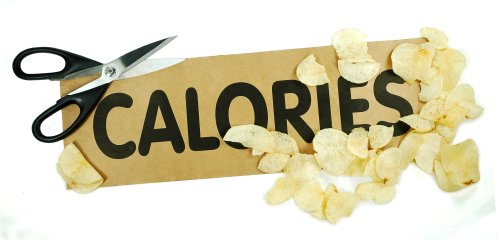
Calorie Count
Everything that we consume has a particular calorie count; it is the measure of the energy stored in the chemical bonds of the thing that we are consuming.
Things that we consume primarily consist of these things: carbohydrates, proteins and fats. Let’s have a look at how many calories 1 gram of these substances contains:
1. Carbohydrate – 4 calories
2. Protein – 4 calories
3. Fat – 9 calories
Perhaps now you can see why consuming too much fat is bad for you!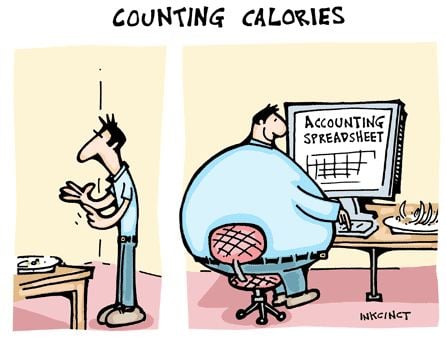
Are Calories Bad For Me?
This is essentially the same thing as asking, “Is energy bad for me?”
Every single action that is performed by the body requires energy. Standing, walking, running, sitting and even eating all require energy. If you’re conducting any of these activities, it means that you’re using energy, which essentially means that you are ‘burning’ calories, more specifically, the calories that entered your body when you consumed some food.
In short, NO… calories are not bad for you.
Balance Is The Key
You need to find a balance between the number of calories that you’re consuming and the number of calories that you’re burning or using up. If you are consuming less calories and spending more, then you will grow thin, while on the other hand, if you’re gobbling up lots of calories, but are being a couch potato, then you will eventually become obese… eventually.
Every activity that we perform over the course of a day results in the expenditure of some calories. Here is a small list of some of the most common activities that we frequently perform, as well as the number of calories that are burnt while doing them.
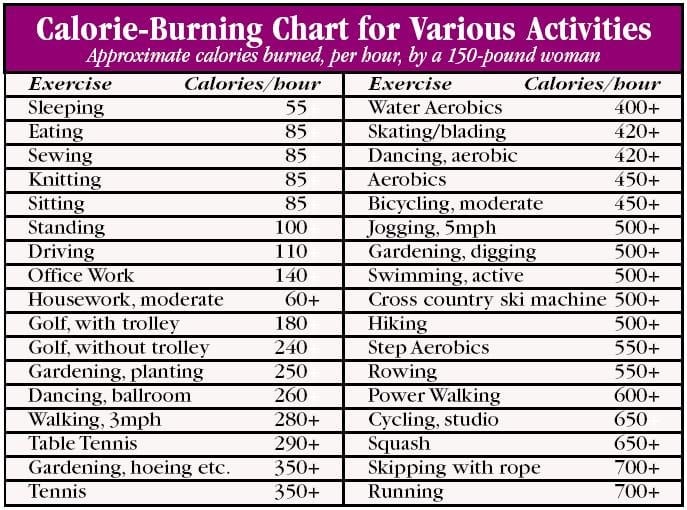 This simple mechanism that keeps track of the incoming and outgoing calories in the body is called our metabolism. The metabolism of a human being is what makes him look dangerously thin, excessively fat, or downright dapper.
This simple mechanism that keeps track of the incoming and outgoing calories in the body is called our metabolism. The metabolism of a human being is what makes him look dangerously thin, excessively fat, or downright dapper.
To keep your total number of calories in check, it’s a good idea to record the number of calories that you consume and the number of calories that you burn every day. There should be a balance between the two to maintain a fit body.
Here is a short video that explains how the number of calories consumed affects different people in different ways. It also shows how the mentioned calorie count on packages is different from how much energy you actually gain by consuming what the package contains!



